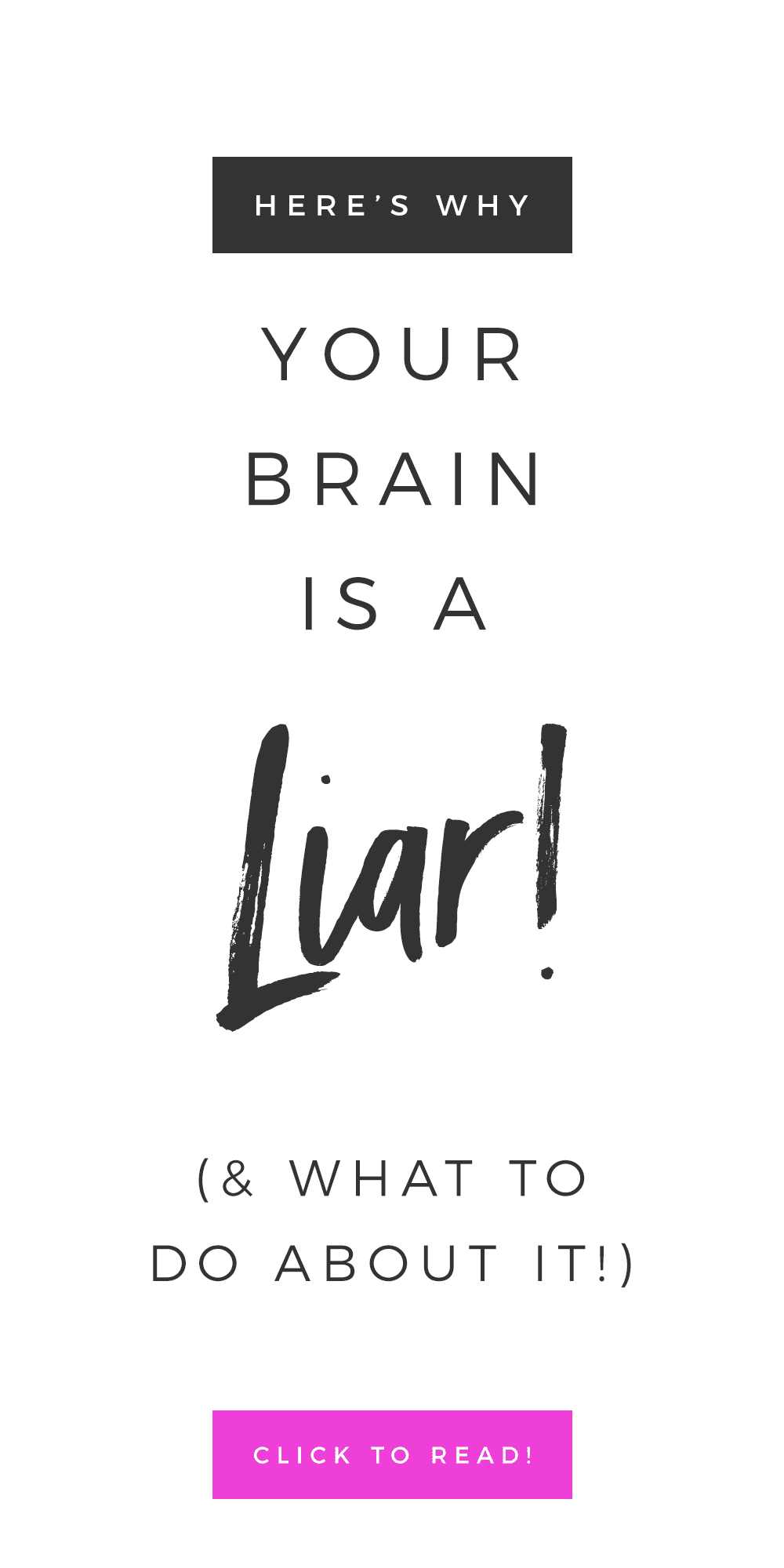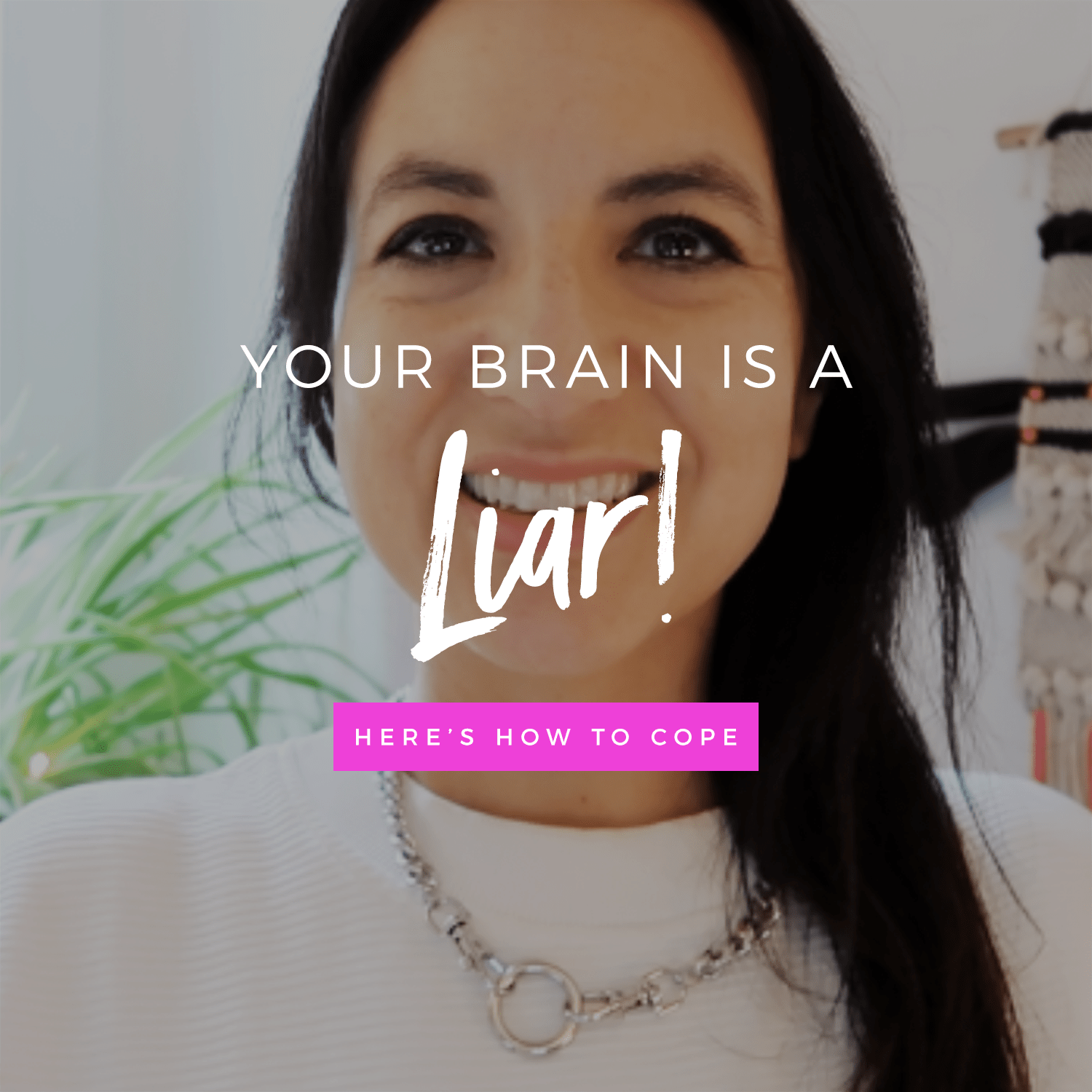Video: Your Brain Is A Liar (& How To Cope)
Unmasking the Illusions: Understanding Why Your Brain Can Be Deceptive
Have you ever wondered why we often believe we’re always right, or that we see the world exactly as it is? It’s a common phenomenon, and today, we’re diving into an intriguing concept: the fact that our brains can sometimes be misleading. Just think about: limiting beliefs, subconscious bias, & so much more!
This idea, though initially unsettling, is actually a gateway to greater self-awareness and understanding.
Why Your Brain Can Be a Deceptive Narrator
Filling in the Blanks
Our brains are powerful imagination tools, constantly trying to make sense of the world. They rapidly create stories to explain our experiences, often without our conscious awareness. This process can lead us to accept these narratives as truth, even when they are mere conjectures.
Bias Towards Self
It’s natural for our brains to view ourselves in a favorable light. This self-bias can skew our perception of events and interactions, leading to misunderstandings and conflicts.
The Reality of Misinterpretation
Understanding that our brain’s interpretations aren’t always accurate is essential. Recognizing this can alleviate stress and improve our relationships, as conflicts often arise from differing perceptions of the same situation.
Strategies to Counteract Brain Deception
Questioning Our Narratives
When facing a situation, especially conflicts, ask yourself, “What about this situation do I actually know to be true?” This practice can reveal how often our brains fill in gaps with unfounded assumptions.
Understanding the Brain’s Protective Mechanism
Our brains are wired to look for problems and potential dangers as a survival tactic. Recognizing this can help us differentiate between protective instincts and reality.
Seeking Objective Truth
Remember that there’s often a third, objective reality that neither you nor others may fully grasp. Striving for this understanding can bring peace and clarity to our interactions.
Applying These Insights
Challenge yourself to observe your thoughts and reactions, especially in heated moments. By slowing down and examining the facts, rather than jumping to conclusions, you can maintain a more balanced and peaceful mindset.
Final Notes
Understanding that your brain can sometimes deceive you isn’t a sign of weakness; it’s a step towards greater self-awareness and healthier relationships. Embrace this knowledge as a tool for personal growth and enhanced connection with others.

Love This Post? Then Pin It For Later!

- Seeing 222 Everywhere? The Meaning of Angel Number 222 - April 16, 2024
- 10+ Spiritual Shows To Watch On Netflix - April 9, 2024
- Sacral Authority Type | Human Design Explained - April 8, 2024

